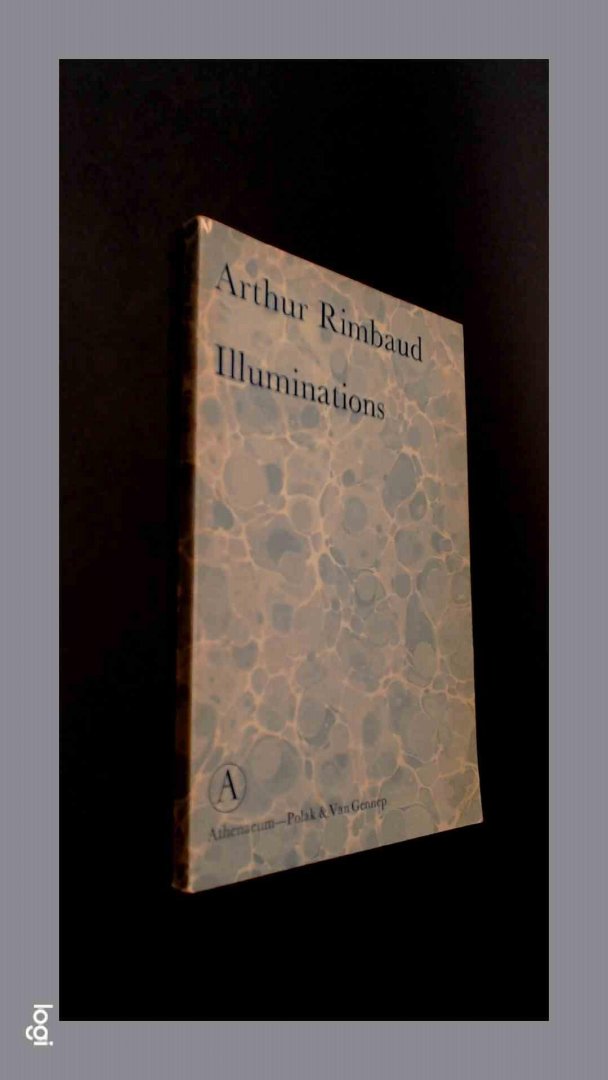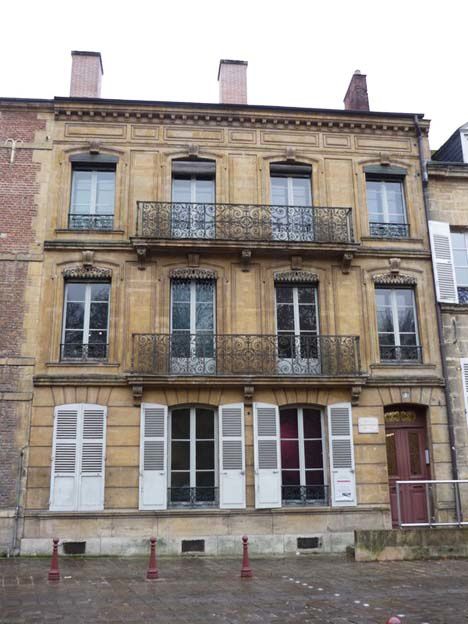
Kunio Monji completed the Japanese translation and interpretation of all the poems of "Illuminations" of Arthur Rimbaud poetry in the spring of 2015, and has started reviewing all the rest since the fall of 2020. Pierre Brunel.įurthermore, I would like to thank "ARTHUR RIMBAUD LE POÈTE" website for generously providing various information about Rimbaud on Internet. Ryuichiro Sotokawa for providing the Rimbaud portrait at the entrance of this website, and all the exceptional artists who gave me permission to shoot, provided the images, and cooperated with Poem Reading Performance " Les Anges ", and the excellent participants at "Place de Rimbaud" and the BBS.Īlso, I would like to thank Mr. I would like to thank ichico for reading Rimbaud poetry together, studying it, and creating this website. Rimbaud made this conclusion in 1873, but how long did that recognition last? My current question is about "Le combat spirituel est aussi brutal que la bataille d'hommes (Spiritual combat is as brutal as human battle)" which from Adieu of "Une saison en enfer". Such work was accumulated to some extent, and then I was able to have my own space on Internet. I found the definite words in some poems and filled my own words around them. I could understand the point from the professor who gave me the guidance that "The core of Rimbaud poetry is composed of his concrete things.", but his specific sentences did not remain in my mind.

It's been 20 years since I managed to read it in my own words.ĭuring that time, Internet has developed, and AI technology has also advanced into translation work.įor more than the first 30 years, Rimbaud poems haven't become my own words. This entry was posted in passion and tagged babcock, passion, rcl1314 on Octoby Cara Dore.It's been over 50 years since I started reading Rimbaud poetry. The last line differs from the first three because it does not begin with “Assez…” I believe Rimbaud did this to express how refreshing it would be to depart from the city “amid new noise and affection!” The repetition of “Assez…” and then a past participle establishes a frustrated rhythm to “Départ.” “Assez vu…Assez eu…Assez connu.” emphasizes Rimbaud’s impatience with the lack of variety in London while reflecting the monotonous rhythm of the city itself. With this in mind, it makes sense why Rimbaud’s year-long stay in London would have made him anxious to move on. From there, he traveled to many other developing countries. Later, he enlisted as a soldier in the Dutch Colonial Army only to jump ship in the Dutch East Indes. Instead he traveled around Europe, mostly on foot, and worked odd jobs. Rimbaud actually deserted poetry by the time he turned twenty. One thing I read while I was researching Rimbaud is that he loved to travel. The title embodies his desire to venture away from monotonous city life. He feels he has experienced all that the city has to offer: he has heard the sounds, seen the sights, and learned all there is to know. I think “Départ” expresses Rimbaud’s apathy towards living in London. Sounds of cities, in the evening, and in sunlight, and always.Įnough known. The vision has been encountered in all skies.Įnough had. – O Rumeurs et Visions !ĭépart dans l’affection et le bruit neufs !Įnough seen. Rumeurs des villes, le soir, et au soleil, et toujours.Īssez connu.

La vision s’est rencontrée à tous les airs.Īssez eu. It was during this time that Rimbaud wrote Départ.Īssez vu. They temporarily settled in a rather poor section of London, called Bloomsbury. Rimbaud and Verlaine traveled around Europe drinking absinthe and smoking hashish. The two were 10 years apart– Rimbaud was only 17 years old at this time (see his picture below ). Less than a year later, Verlaine left his wife and child to pursue an affair with Rimbaud. Verlaine enjoyed Rimbaud’s prose poetry and invited him to come to Paris and live with him, his wife, and infant son. People did not take notice of his work, so upon a recommendation, Rimbaud sent his poetry to another French poet named Paul Verlaine. Rimbaud started writing poetry in his early teenage years.

“Départ” is one of the poems in the collection Illuminations, composed by Arthur Rimbaud and published in 1886.


 0 kommentar(er)
0 kommentar(er)
